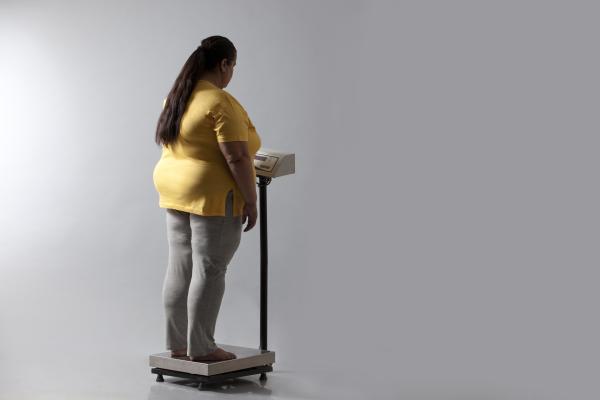A recent report by the organization known as Cancer Research UK presents some worrisome data describing the population's lack of awareness about links between overweight status or obesity and several types of cancer. Nearly 3,300 individuals answered an online survey about obesity and its relation to various health risks — especially cancer. Seventy-five percent of those people said they didn't know that obesity was linked to cancer; this ignorance was more prevalent in those from "the lowest social grade", the report stated.
The researchers also found that women were more likely than men to list cancer as an obesity-linked heath condition. Even so, when asked about the following types of cancer and obesity, only some respondents knew there was a link between the two: breast cancer — 31 percent, kidney cancer — 44 percent, bowel cancer — 60 percent, and uterine cancer — 22 percent.
Another report from this organization and the UK Health Forum discusses the probable economic impact of the increasing prevalence of obesity and overweight status on the healthcare system in the UK. Their estimate is that if current trends continue, by 2035, three-fourths of UK adults will be overweight or obese. And, they predict this would lead to an additional 670,000 cases of cancer (this report links excess fat to 10 different types of cancer). The economic burden of these additional cases, they estimate, would cost the health system an additional 2.5 billion pounds (over $3 billion at today's exchange rate).
Dr Julie Sharp, Cancer Research UK's head of health information, said: "A quarter of all UK adults are estimated to be obese, and this has a real impact on their risk of developing cancer." This is bad enough— but what does it imply for the future for the United States where it is estimated that over 30 percent of adults are overweight or obese? Although we don't have the same national healthcare system as the UK, a similar economic scenario is likely, if increases in obesity prevalence cannot be stymied.
If the ignorance about fatness and cancer in the US is similar to that reported for the UK, we have a big educational task at hand — and then, we have to figure out how to help people deal with the problem. The suggestions in the UK report such as taxing sweetened drinks; restricting marketing of some foods on TV; and consideration of taxing foods high in sugar, fat, or salt seem to beg the question — the real key is education. If consumers show preference for healthier food choices, the industry will follow. And it's crucial that they understand what all the health risks associated with obesity are.




